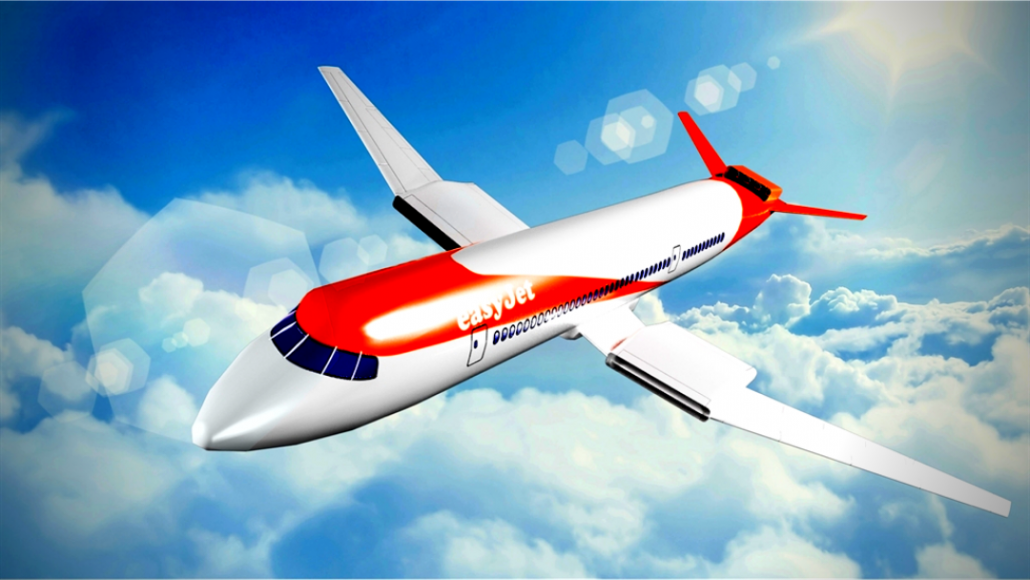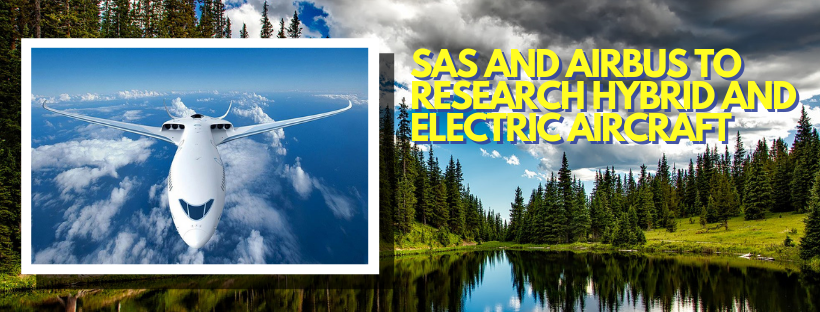easyJet makes net zero carbon emission commitment
easyJet has announced that it will become the world’s first major airline to operate net-zero carbon flights across its whole network.
The airline will achieve this goal by offsetting the carbon emissions from the fuel used for all of its flights. easyJet will undertake carbon offsetting through schemes accredited by two of the highest verification standards, Gold Standard and VCS. They will include forestry, renewable and community based projects.
The airline will continue to support innovative technology, including the development of hybrid and electric planes, working with others across the industry to reinvent and de-carbonise aviation over the long-term. The aim will be for easyJet to reduce the amount of carbon offsetting undertaken as new technologies emerge.
easyJet and Airbus will cooperate on three distinct work packages set to define the impacts and the requirements necessary for the large-scale introduction of next generation sustainable aircraft on infrastructure and every-day commercial aircraft operations.

easyJet has been supporting Wright Electric over the last two years, which is aiming to produce an all-electric ‘easyJet sized’ plane which could be used for short haul flights.
easyJet will also aim to stimulate innovation in carbon reduction by supporting the development of technologies which will enable hybrid electric and electric planes and championing advanced carbon capture technologies. We will look to use these technologies as well as sustainable aviation fuels (SAFs) as they become available and commercially viable.
Since 2000 easyJet has reduced the carbon emissions for each kilometre flown by a passenger by over a third (33.67%). Initiatives have included introducing light weight carpets, trolleys and seats, single engine taxiing and removing paper manuals from aircraft.
In 2013 easyJet established a public target to reduce its carbon emissions per passenger kilometre. The target was strengthened in 2015 to a 10% reduction on carbon emissions per passenger kilometre by 2022 on its 2016 performance.
Johan Lundgren, easyJet’s CEO, said:
Climate change is an issue for all of us. At easyJet we are tackling this challenge head on by choosing to offset the carbon emissions from the fuel used for all of our flights starting today. In doing so we are committing to operating net-zero carbon flights across our network – a world first by any major airline. We acknowledge that offsetting is only an interim measure until other technologies become available to radically reduce the carbon emissions of flying, but we want to take action on carbon now.
easyJet has a long tradition of efficient flying – the aircraft we fly and the way we fly them means that easyJet is already more efficient than many airlines. However, our priority is to continue to work on reducing our carbon footprint in the short term, coupled with long-term work to support the development of new technology, including electric planes which aspire to radically reduce the carbon footprint of aviation.
I am therefore delighted that we have also announced a new electric plane partnership with Airbus. We will be working together to identify the detailed technical challenges and requirements for electric and electric hybrid planes when deployed for short haul flying around Europe. We hope this will be an important step towards making electric planes a reality.
“We also need governments to support efforts to decarbonise aviation. In particular they must reform aviation taxes to incentivise efficient behaviour, fund research and development in new technology and ensure that early movers such as easyJet are not penalised.”
Speaking about easyJet offsetting the carbon emissions from the fuel used for all of its flights, Jonathon Porritt, Co-Founder of Forum for the Future, said:
This is an exciting development from easyJet, which is obviously taking the issue of climate change very seriously. But as is now widely understood, carbon offsetting can only be a bridge to future technological developments, and it will be important to seek out each and every way of reducing carbon emissions. Beyond that, the whole industry needs to come together more effectively to decarbonise this critical sector just as quickly as possible.
If your next business trip takes you to a city served by easyJet, contact your GTM Account Manager to search for and book the best fare and to manage your whole trip.








